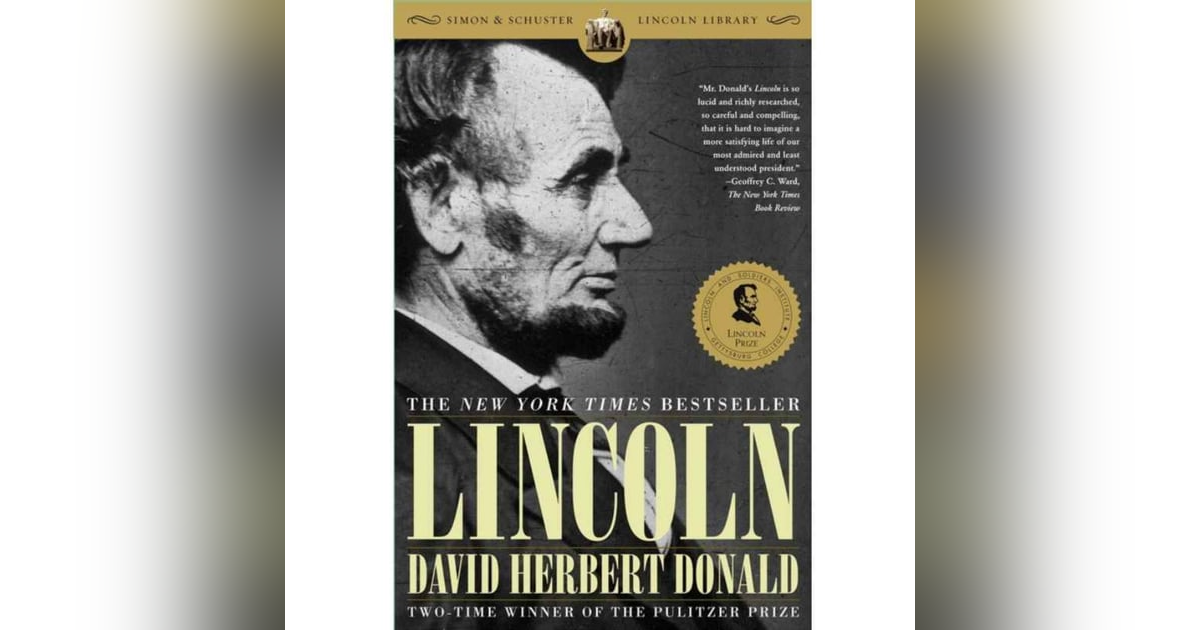589: Abraham Lincoln and Sustainability, part 1: Is the US a racist nation? What should we do then?

The start of this episode's text:
Regular listeners know I’ve been living with my apartment off the electric grid for two weeks, in Manhattan, not off in the woods.
Most of the benefits are about connecting more with nature, being humble to it, not dominating it. I’m waking up earlier, for example, to work and read by daylight, so I don’t have to drain the solar-powered battery. Direct sunlight is free. Likewise, during a spell of three overcast days, I had to pay attention to my power use and take advantage of what sunlight I could to charge the battery.
Speaking of reading by daylight, the great benefit prompting today’s post is nearly finishing a biography, Lincoln, by David Herbert Donald. I’m on page 507 of 600, not counting the over hundred pages of footnotes. Past the Gettysburg Address, he’s just been nominated for his second candidacy. Talk of amending the constitution is starting to appear. The war appears mostly won, though deaths mount, Confederate wins still happen, and no one knows how to plan for or handle reconstruction.
I talk a lot about slavery relating to pollution. I’ve for years taken inspiration from British abolitionists around 1800 who looked across oceans to see people suffering for their culture’s indulgences. For the first time in history, according to podcast guest and author of Bury the Chains, Adam Hochschild, one group worked for another group’s freedom. Every argument you’ve heard to avoid giving up polluting, their peers used to avoid giving up slavery (what I do doesn’t matter, only government and corporations can make a difference, if we don’t others will, it’s not that bad, it will work out, etc), but they refused to accept the cruelty, injustice, and inhumanity. Through their work, and others’, without a civil war, England made illegal the slave trade and then slavery. I look across oceans and see people suffering and dying, displaced from their land or poisoned and killed on it because we fund companies and governments to do it by buying their packaging, fossil fuels, and so on.
People commonly describe America as a racist nation, especially white Americans, especially white Americans who don’t act against racism. A Constitution permitting slavery and a three-fifths clause certainly back up that view. What do we make of all the people born into that system who did nothing to create it and who worked against it? Besides Lincoln, consider William Lloyd Garrison, Thadeus Stevens, Emerson, Thoreau, and everyone who opposed slavery from before the Constitution to today? What about the hundreds of thousands of men who fought for the Union, many volunteers, maybe not all fighting specifically to end slavery but many for just that reason?
One could argue they should have done more. When they take down statues of Thomas Jefferson, who opposed slavery they point out he owned slaves. You can’t argue he created the system he was born into. How much could he do to change that system within his lifetime? Can you blame him for not ending slavery? Say you blame him for owning slaves, would his freeing his slaves changed the system? Alone, clearly not, but you could argue he should have acted his conscience and done what he knew was right, whether it significantly changed the system or not. Everyone knows everyone prefers being free to being enslaved.
What could a free person, benefiting from living in a system of slavery or not, have done? How would they make a difference? Lincoln took a lifetime to reach a position where he could do things like issue the Emancipation Proclamation, which didn’t end slavery, and along the way embraced many crazy notions, like shipping blacks to Africa.
See the rest here.
Hosted on Acast. See acast.com/privacy for more information.







